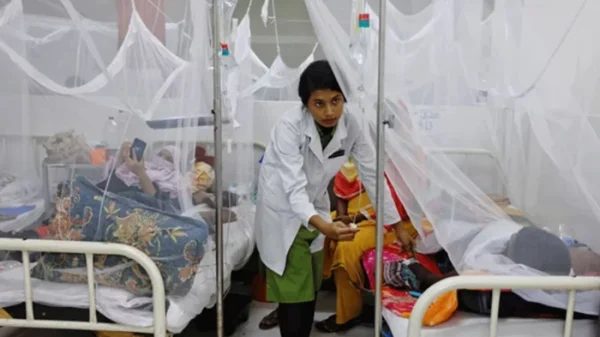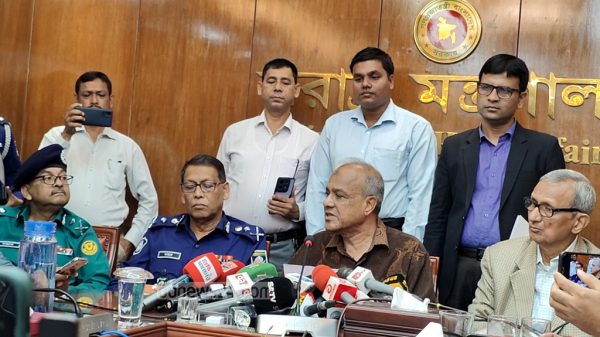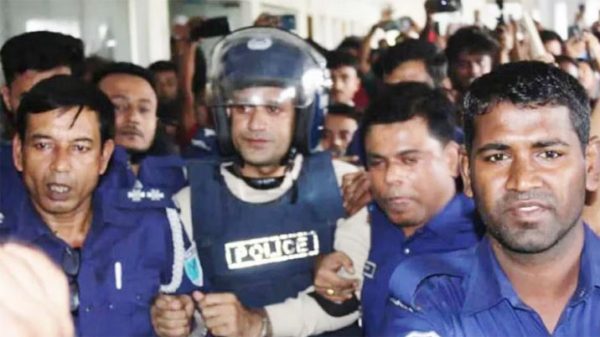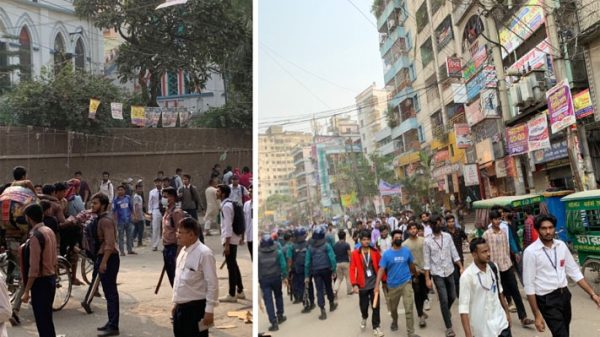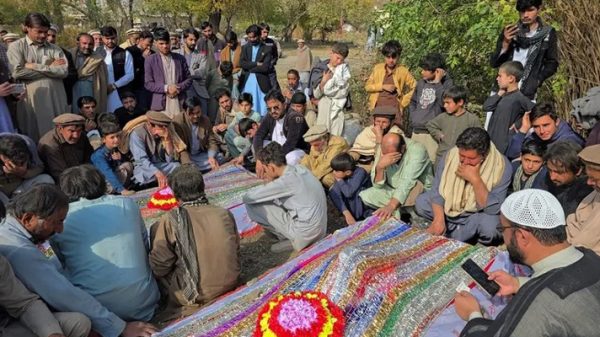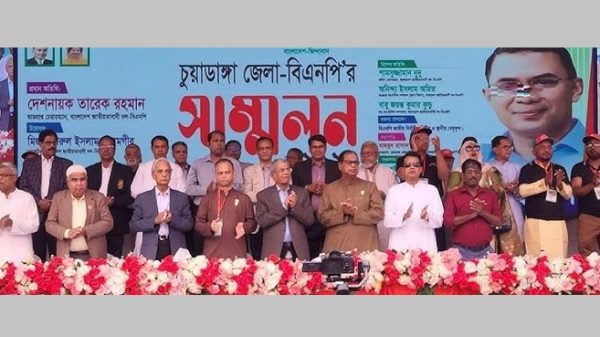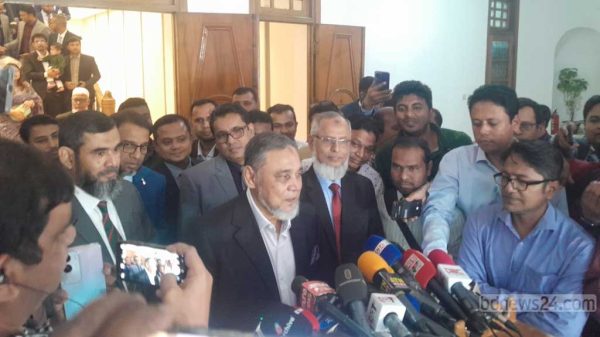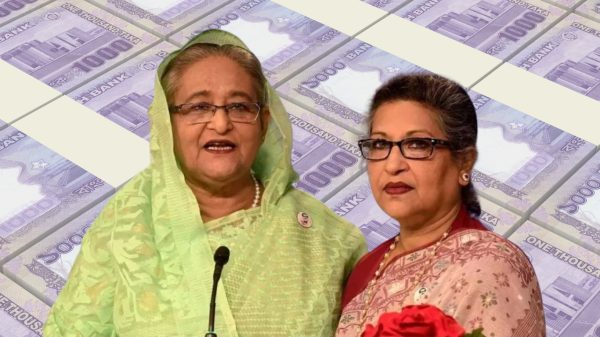Development agenda must tackle injustice: Parliamentary Caucus on Justice

- Update Time : Tuesday, 20 February, 2024, 07:32 pm
- 76 Time View
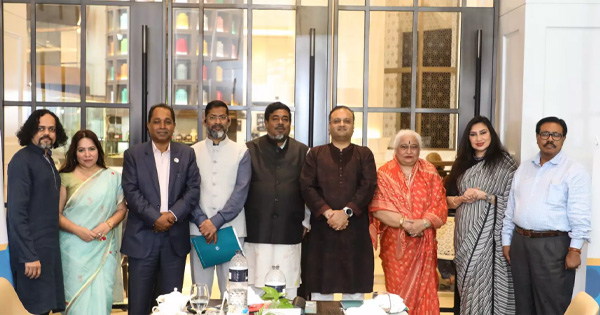
Online Desk: The Parliamentary Caucus on Justice highlighted the transition towards a Smart Bangladesh, with a strong emphasis on infusing justice and equality into every aspect of this evolution at the parliamentarians’ meeting at Hotel InterContinental on Monday.
Amidst the fresh start post-national elections, the Caucus, inclusive of both seasoned and newly elected members of the 12th parliament, pledged to tackle societal disparities head-on, advocating for a justice-centric overhaul in all domains, according to a press release.
The Caucus underscored the necessity of grounding Bangladesh’s journey towards a Smart Bangladesh in the egalitarian ideals championed by Bangabandhu Sheikh Mujibur Rahman, it said.
During the meeting, Tanvir Shakil Joy, MP and Chairperson of the Caucus, emphasized the need for Bangladesh to propel its technological advancement while enhancing global competency through educational reform.
Addressing economic and skill gaps, MD Sanwar Hossain, MP of Tangail-5, advocated for revamped vocational training programs to foster labour and migration justice. The dialogue also covered the pressing issue of climate justice, with SM Shahjada, MP from Patuakhali-3, pointing out the disproportionate impact of climate change on various communities, said the release.
Abdul Wadud Dara, MP of Rajshahi-5, raised concerns about the threat of fundamentalism to social and cultural equality, underscoring the need for social justice measures. Meanwhile, Nur Mohammad, MP from Jamalpur-1, highlighted the crucial role of education justice in achieving Bangladesh’s Vision 2041, advocating for reforms that guarantee equitable access to quality education for all.
The Caucus also addressed the rights of individuals with disabilities, with Aroma Dutta, MP, calling for greater representation and accessibility, in line with the Bangladesh Awami League’s Election Manifesto. Additionally, Mahzabeen Khaled, former MP and Secretary of the Caucus, stressed the importance of multilingual education as a means to combat injustices faced by local and migrant workers, the release also said.
Achieving a Smart Bangladesh – characterized by Smart Citizens, Smart Government, Smart Society, and Smart Economy – mandates crafting policies that guarantee marginalized communities are not only included but thrive. This includes ensuring widespread access to technology, boosting digital literacy universally, leveraging e-governance to render public services more transparent and accountable, and revising legal norms to safeguard digital freedoms.
Moreover, the Caucus advocates for proactive community involvement and ensuring that all initiatives resonate with the sustainable development goals, ensuring a holistic approach to development that champions justice and equality.
The meeting, which also saw participation from Syeed Ahamed and Shaheen Parveen of the Institute of Informatics and Development (IID).

